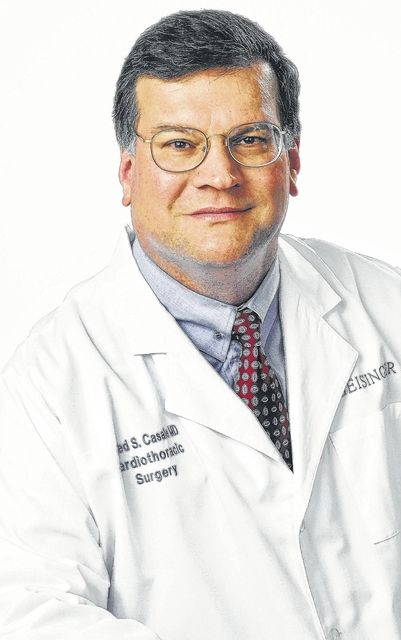Click here to subscribe today or Login.
Many of us look for some help in keeping up with this busy time of year. No doubt things like moderate exercise, restful sleep, stress-managing breathing, plenty of water, avoidance of tobacco and prudence in drinking, all help keep you strong and robust. And it’s equally certain that substances, including misused stimulants and any number of illicit drugs are a terrible option.
But what about vitamin supplements?
More than 100 million Americans take vitamins and supplements on a regular basis, spending billions of dollars a year on the pursuit of a quick fix for better health. But do vitamins actually work and are they a necessary part of a well-rounded diet?
The short answer is “sometimes.” However, they are best used to fill nutritional gaps, not as a substitute for getting the vitamins and minerals from the foods you eat.
The food you eat will have a much bigger impact on your overall health than a pill you take once a day.
The benefits of vitamins
For certain people, vitamins can be an important part of their diet if they are not getting all of the nutrients they need from food. For example, postmenopausal women are at higher risk for conditions such as osteoporosis as levels of estrogen and other hormones naturally start to wane. Supplementing with calcium and vitamin D has been shown to increase bone density and reduce fractures.
Vegetarians and vegans may also benefit from taking supplements, especially vitamin B12 which is found in animal products such as meat, fish, poultry, eggs, milk and milk products. It isn’t found in plant products, so strict vegetarians and vegans will not get B12 from the foods they eat. A B12 deficiency can lead to irreversible nerve damage, neurological disorders, stroke and cardiovascular disease, infertility and numerous other symptoms.
Pregnant women benefit from supplementing with folic acid. Folic acid is found in vegetables, grains, meat and dairy products. It’s essential for the proper development of babies while they are in the womb. Since folic acid is so important before birth, most doctors will prescribe prenatal vitamins that include folic acid.
So there are certain people who will benefit from vitamins and supplements. There is such a thing as too much of a good thing. Be careful to not overdose. It can have big negative effects on health.
The risks associated with vitamins
While vitamins may seem harmless, there is some risk associated with taking them. It’s important to read the labels and never take more than the recommended daily value. The difficult part will be making sure you’re also accounting for vitamins you consume through your food in addition to the vitamins you take. Too much can lead to something called vitamin toxicity, especially when dealing with fat soluble vitamins.
The signs of vitamin toxicity can be subtle and include numbness and tingling, irritability and difficulty sleeping. At higher doses, you risk damage to your kidneys, liver, spleen and other organs.
Get vitamins from food
Vitamins and minerals are usually found in abundance in the foods you eat, so most people do not need to take a supplement. If you feel like you’re not getting the vitamins you need, you may benefit from taking another look at your diet. Strive to include whole foods such as fruits and vegetables, lean meats and whole grains, and keep processed foods to a minimum. If you need help to ensure that your diet is well balanced, ask your doctor or a nutritionist to help you come up with a nutrition plan.
Otherwise, you may just be flushing most of the extra vitamins you take down the bow l… literally.








